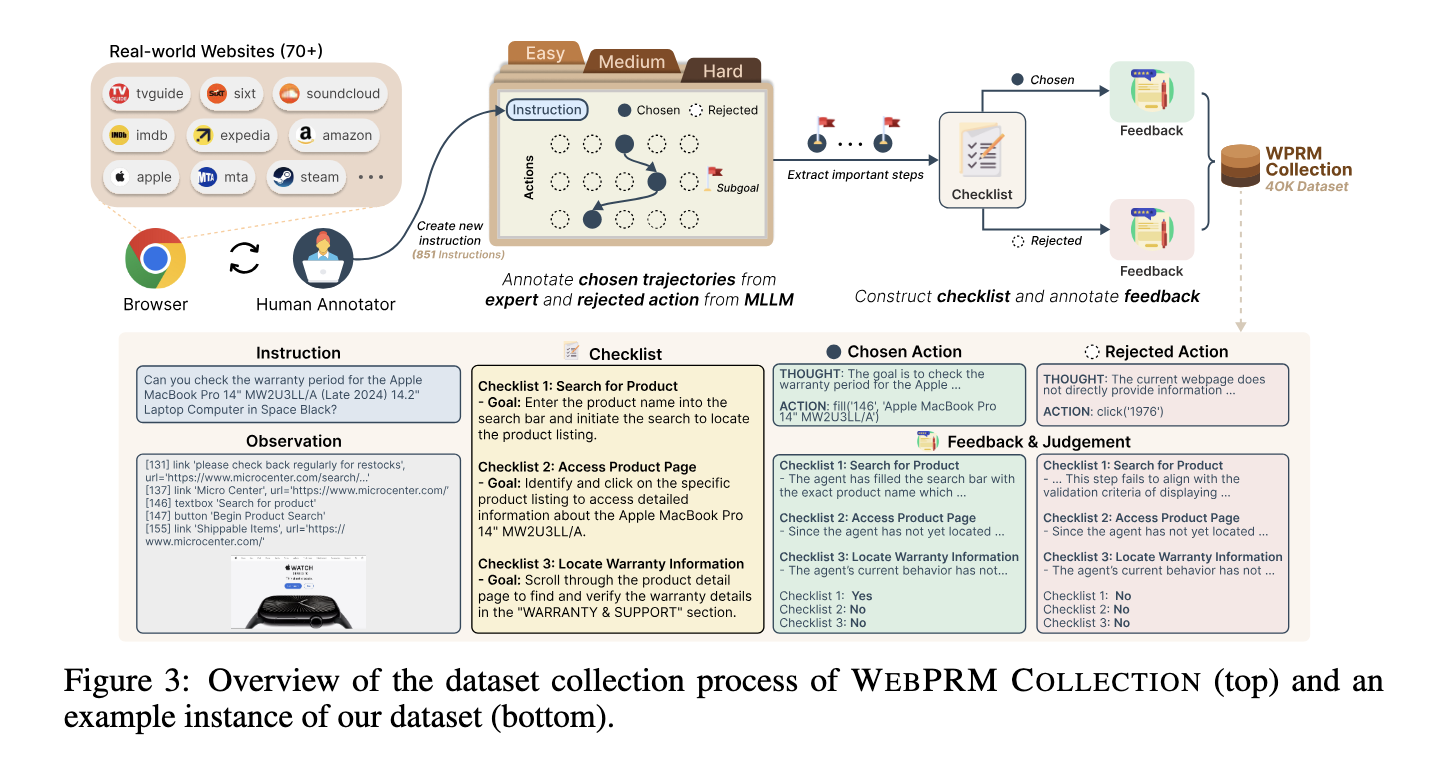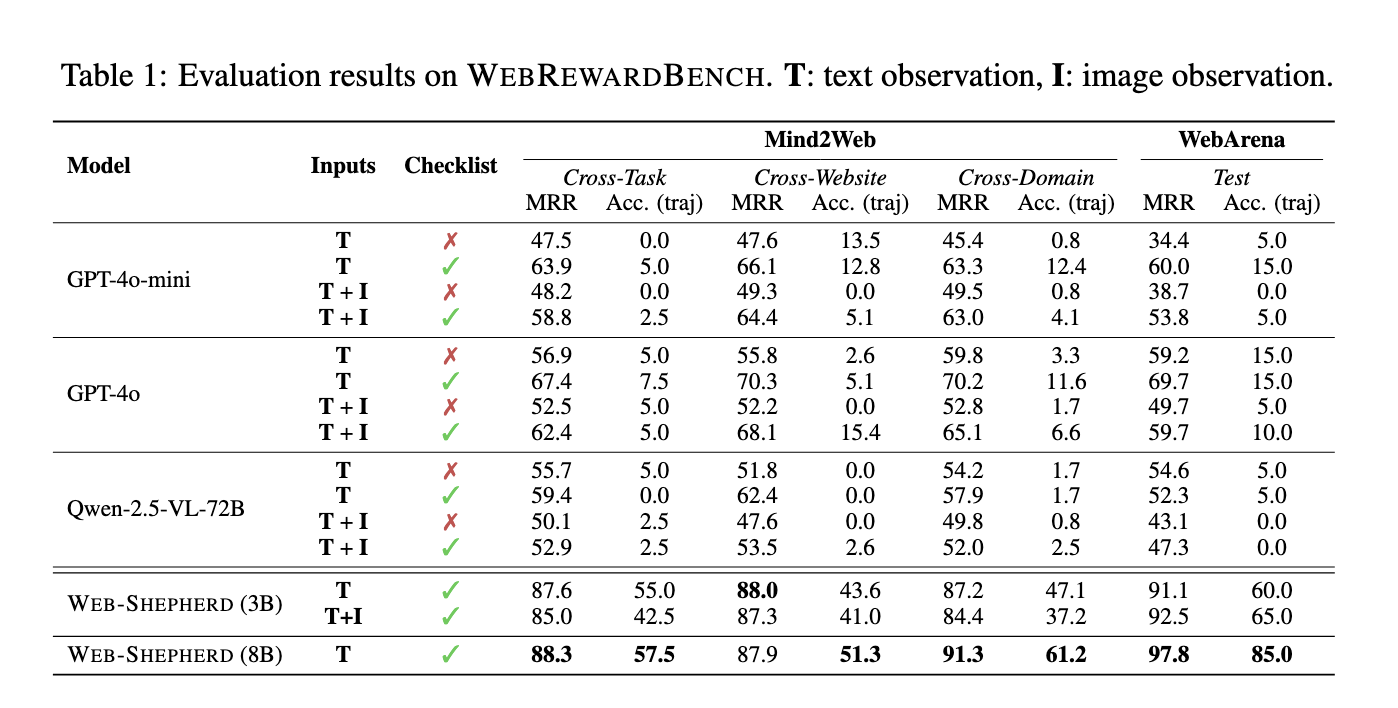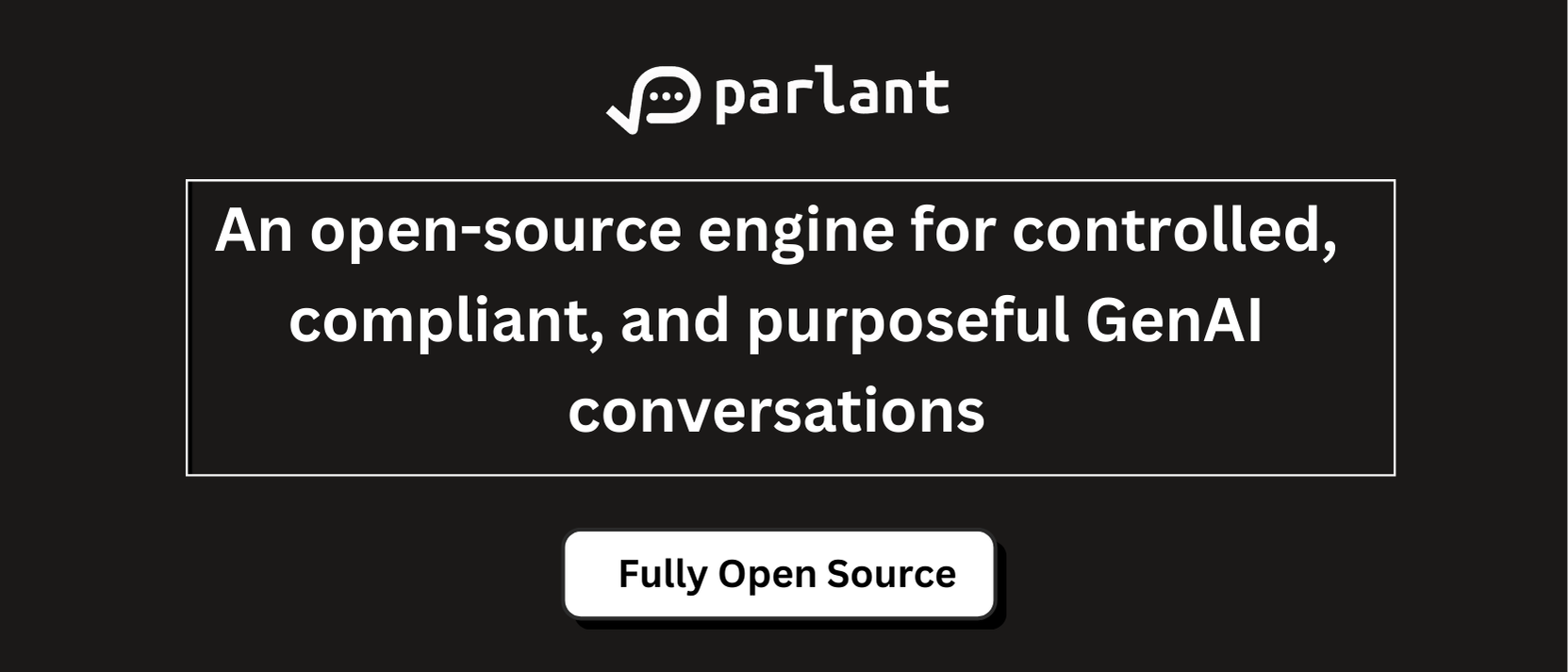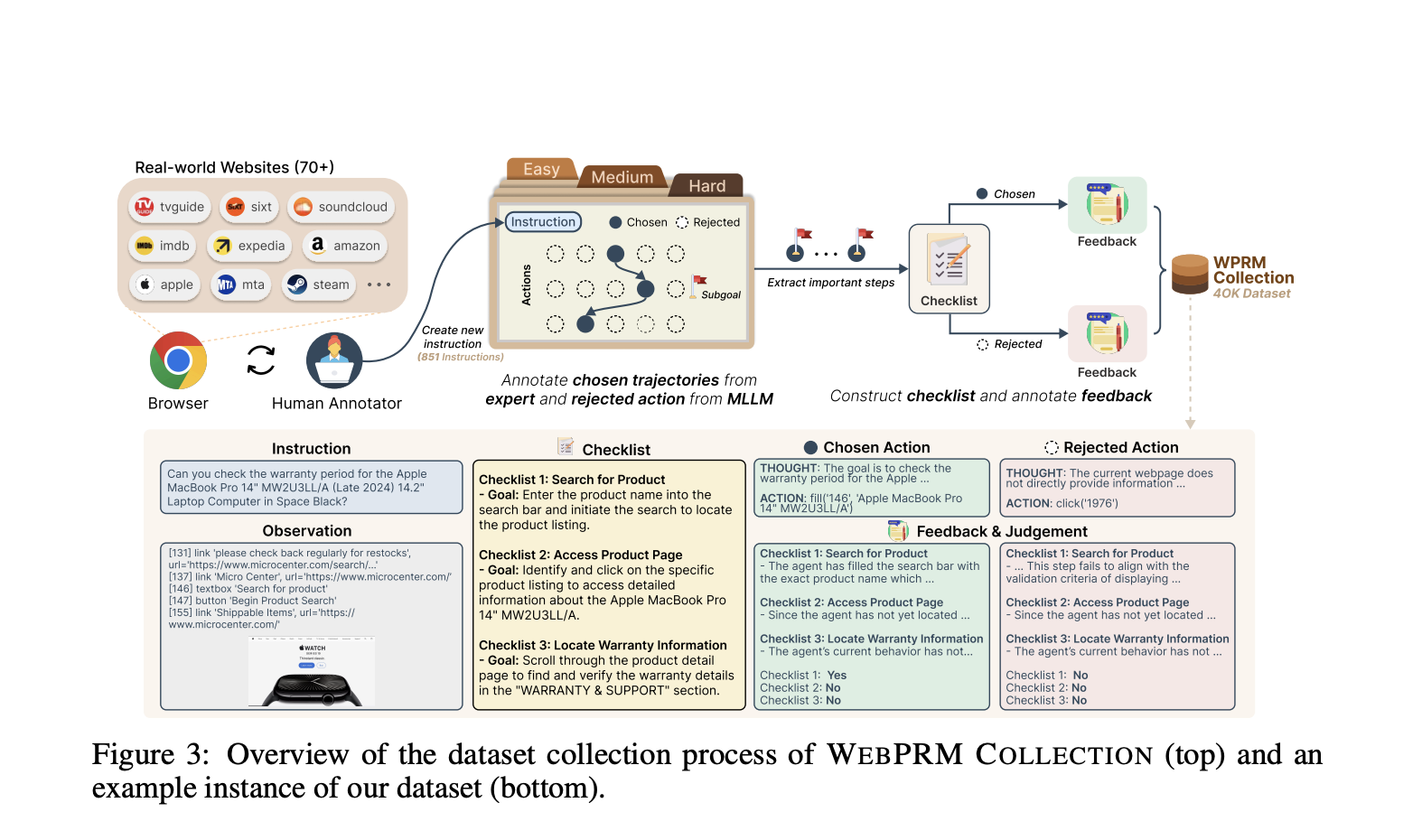Web navigation focuses on teaching machines how to interact with websites to perform tasks such as searching for information, shopping or booking services. Building a capable web navigation agent is a complex task because it requires understanding the structure of sites, interpretation of user goals and making a number of decisions across several steps. These tasks are further complicated by the need for agents to adapt to dynamic web environments where content can often be changed and where multimodal information, such as text and images, must be understood together.
An important problem in web navigation is the absence of reliable and detailed reward models that can guide real -time agents. Existing methods are primarily dependent on multimodal large language models (MLLMs) such as GPT-4O and GPT-4O-mini as evaluators that are expensive, slow and often inaccurate, especially when dealing with long action sequences in multi-step tasks. These models use encouragement -based evaluation or binary success/failure feedback but do not provide step -level guidance, often leading to errors, such as repeated actions or lack of critical steps such as clicking specific buttons or filling form fields. This restriction reduces the practicality of implementing web funds in scenarios in the real world, where efficiency, accuracy and cost -effectiveness are crucial.
The research team from Yonsei University and Carnegie Mellon University introduced Web-Shepherd, a process rewarding model specifically designed for web navigation tasks. Web-Shepherd is the first model to evaluate web navigation agents at step-level using structured checklists to guide assessments. The researchers also developed the WebPRM collection, a data set with 40,000 step-level-annoted web navigation tasks and Webrwardbench-Benchmark for evaluation of PRMs. These resources were designed to enable web shepherd to provide detailed feedback by dividing complex tasks into smaller, measurable undergoals.

Web-Shepherd works by generating a checklist for each assignment based on the user’s instruction, such as “Search for Product” or “Click on the Product Page” and evaluate the agent’s progress towards these subgroups. The model uses the next token prediction to generate feedback and assign rewards based on checklist implementation. This process allows Webh-Shepherd to assess the correctness of each step of fine-grained judgment. The model estimates the reward for each step by combining the likelihood of “yes”, “no” and “in progress” tokens and average these across the checklist. This detailed scoring system allows agents to receive targeted feedback on their progress, which improves their ability to navigate complex sites.
The researchers demonstrated that web-shepherd essentially exceeds existing models. On the Webrewardbench-Bonchmarket, webh-shepherd achieved an average mutual rank (MRR) score of 87.6% and a 55% track accuracy in the text setting only compared to GPT-4o-minis 47.5% MRR and 0% trajectory without checklists. When tested in Webarena-Lite using GPT-4o-mini as a policy model, webh-shepherd achieved a 34.55% success rate, which is 10.9 points higher than using the GPT-4o-mini as an evaluator, while also ten times more cost-effective. In ablation studies, researchers observed that Webh-Shepherd’s performance dropped significantly when checklists or feedback were removed, proving their significance for accurate rewarding tasks. They also showed that multimodal input, surprising, not always improved performance and sometimes introduced noise.

This research highlights the critical role that detailed process level rewards are building reliable web funds. The team’s work addresses the core challenge of web navigation evaluation of complex, multi-step actions and offers a solution that is both scalable and cost-effective. With web shepherd, agents can now receive accurate feedback during navigation, enabling them to make better decisions and perform tasks more efficiently.
Check the page paper and github. All credit for this research goes to the researchers in this project. You are also welcome to follow us on Twitter And don’t forget to join our 95k+ ml subbreddit and subscribe to Our newsletter.
Nikhil is an internal consultant at MarkTechpost. He is pursuing an integrated double degree in materials at the Indian Institute of Technology, Kharagpur. Nikhil is an AI/ML enthusiast who always examines applications in fields such as biomaterials and biomedical science. With a strong background in material science, he explores new progress and creates opportunities to contribute.

